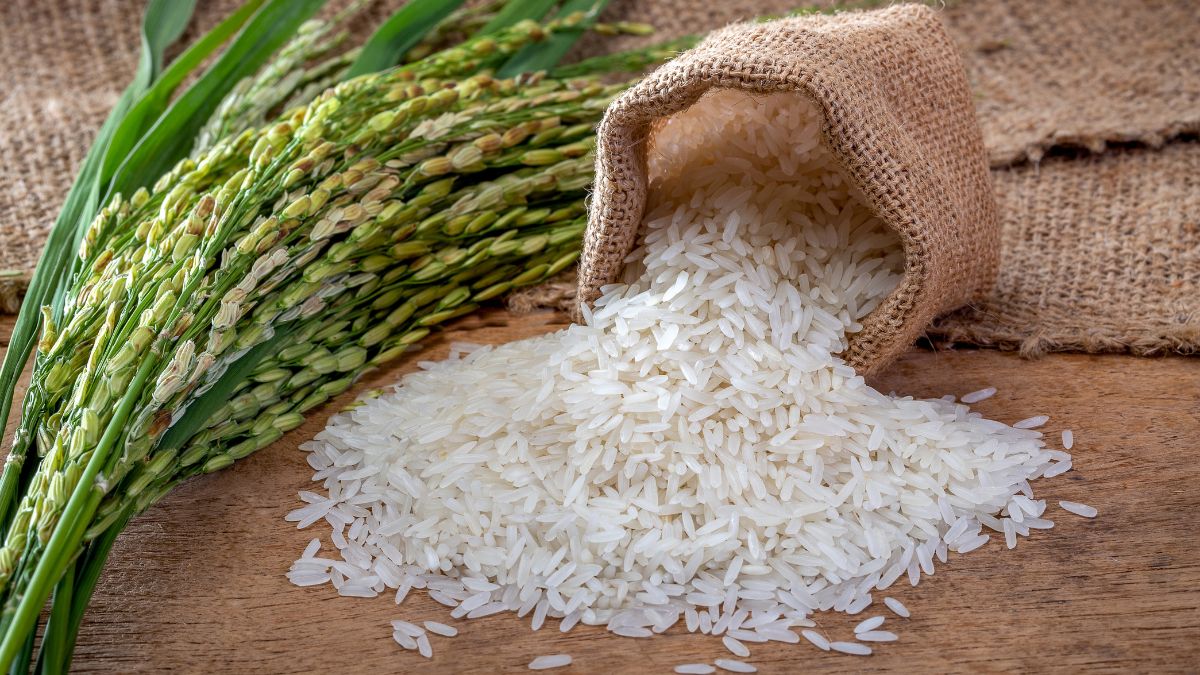Rice has been a staple for the Indian expat community and even the Emiratis in UAE. We know how basmati has been used in making biryani and pulao but there are many non-basmati rice-consuming communities. So if the authority announced a rice ban it was going to be a humongous issue for these communities. A temporary ban on rice has left UAE residents worried about the supply.
UAE Has Banned Rice Exports Of Indian Rice

The United Arab Emirates (UAE) has imposed a temporary ban on the export and re-export of all rice varieties originating from India for a period of four months starting from July 28, 2023. The ban also covers rice imported into the country after July 20, 2023, including those in free zones. The decision was revealed in a statement by the Ministry of Economy, which stated that it wants to maintain enough supplies in the local market. The UAE imports 90% of its food, and rice is a staple diet for its population of over 9 million people.
The imposition follows India’s decision to halt exports of non-basmati white and broken rice due to price hikes and damage to crops caused by heavy monsoon rains. India is a key exporter to the UAE and other Gulf countries, accounting for more than 40% of global rice exports.
Also Read: Etihad, Emirates And Fly Dubai Offer Refund And Rebooking After UAE Bans India For 10 Days
UAE Is Searching For An Alternative Supplier

The ban on exports is predicted to have a direct effect on rice costs and accessibility in the UAE and other regional markets that rely on re-exports from the UAE. Local suppliers and supermarkets in the UAE were anticipating prices to climb, albeit briefly.
To meet domestic demand and retain its position as a regional re-export hub, the UAE is also looking into alternate rice supply sources such as Pakistan, Thailand, and Vietnam. In 2022, the UAE exported over 1.5 million tonnes of rice, primarily to Iran, Iraq, and Oman. Companies who want to export or re-export rice from India or elsewhere must apply for a permit from the Ministry of Economy. All documentation required to verify the data relating to the rice cargo, notably its origin, must be submitted with the application.
The prohibition may be automatically extended unless a decision to cancel it is publicised.
Cover Image Courtesy: Canva Stock Image
First Published: July 30, 2023 5:29 PM



